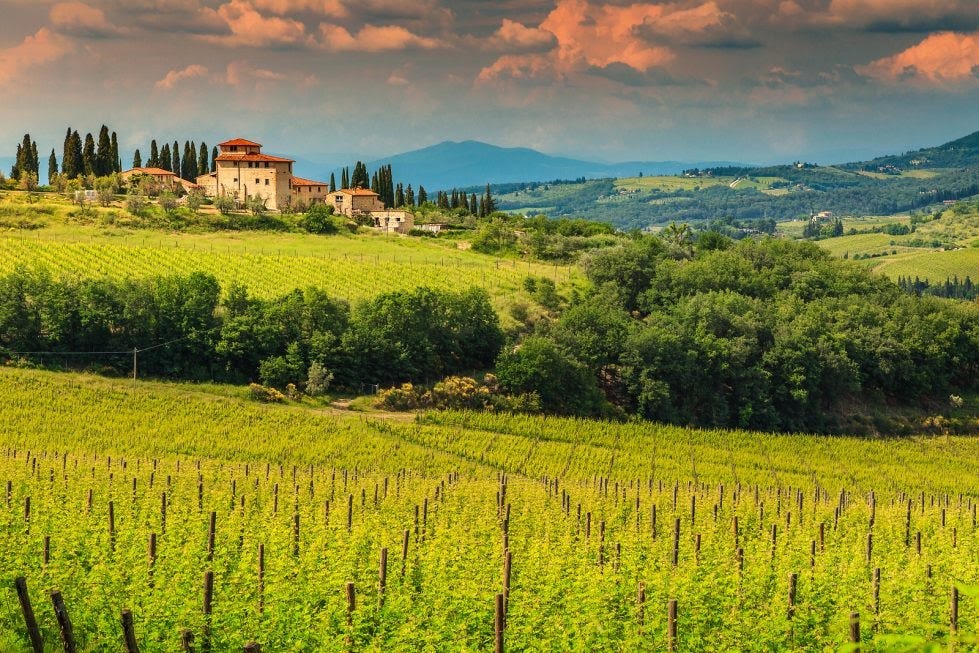They came, they saw, they left no trace...
except for all of Western Civilization
A Rome full of Greeks, yet few of the dregs are Greek!
For the Syrian Orontes has long since polluted the Tiber,
Bringing its language and customs, pipes and harp-strings
- Juvenal, 118 A.D., Satire III – Fleeing Rome
The history of Italy and Italians is the history of Western civilization. 3,000 years ago Rome was a humble collection of villages strung across seven hills along the Tiber’s lower reaches. It is from this seed that Italy emerged to become the heart of the most powerful empire in the Western world. Italian history is not sufficient to understand the origin of the West, but it is necessary. Only in the past two centuries has Italy's quest for a nation-state overshadowed its role in creating Western Civilization.
Rome conquered vast swaths of Europe and the Mediterranean world 2,000 years ago. The imperial city exerted a magnetic pull upon the conquered peoples. It was hungry for their labor and their skills. Artisans from every shore of what the Romans called “Our Sea'' streamed into the capital city to build and beautify it. Augustus declared that he had “found Rome a city of bricks and left it a city of marble.” All roads did lead to Rome. But this was not the first time Italy was an irresistible destination. Thousands of years earlier, prehistoric Neolithic farmers from Anatolia and nomadic pastoralists from Central Europe were drawn to the salubrious peninsula buffered by mountains from the coldest Arctic blasts and an expanse of blue-green water from the hot, dry Sahara winds.
We know that the Latin of the Romans, ancestor of Spanish, Italian and French, has a distant connection to the Indo-European languages of the Eurasian steppe. Languages as distinct as Hindi, Russian, and Italian all share a common ancestor. Genetics now tells us that the people who brought Latin to Italy arrived on the peninsula around 2400 BC. Meanwhile, archaeologists and historians have long known that 2,000 years ago, with the rise of Rome as a Mediterranean power, waves of Greeks arrived in the city. After his victory in the east, the general Aemilius Paulus brought 150,000 Greek slaves to Rome. 1,000 Greek nobles also arrived as hostages, including the historian Polybius. Ancient DNA now confirms that foreigners were indeed numerous during the Imperial period. But they left few descendants. The Rome of the Middle Ages was resettled by Italians from villages and farmsteads. There was a genealogical break with antiquity, if not, happily for us, a cultural one.


